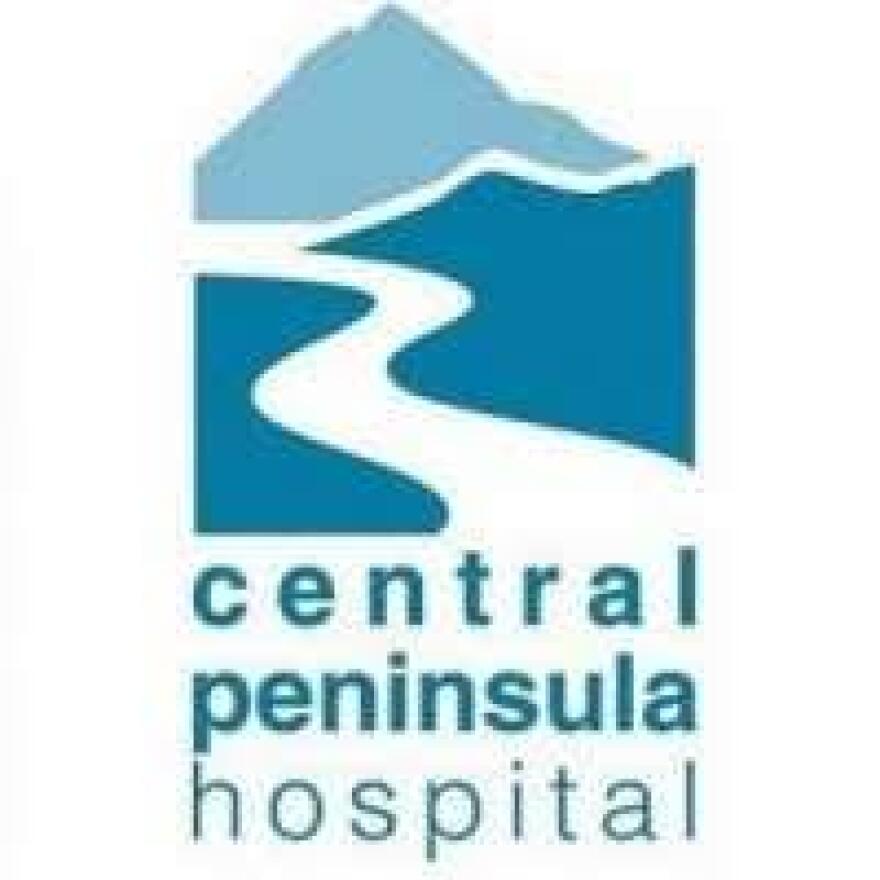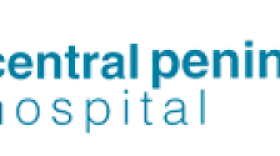Gov. Mike Dunleavy announced Heath Mandate 15, loosening restrictions on nonemergency health procedures Wednesday. The new mandate will be rolled out in two phases. Starting April 20, health care facilities can resume services that require minimal protective equipment and safety protocols for prescreening, such as physicals, routine exams and minimal procedures.
Starting May 4, health care providers can perform non-urgent or elective procedures, with defined safety protocols for patients and staff, including biopsies and angiograms.
Bruce Richards, director of external affairs at Central Peninsula Hospital, said the new mandate will go through the hospital’s surgery committee before deciding on the hospital’s course of action.
“They would go back to that committee and run that through everybody there and make that everybody was in agreement on what they understood and if there’s any guidance that comes went with it,” Richards said.
The Kenai Peninsula Borough does not have health powers and can’t pass its own mandates but the wording of the governor’s latest order said health care facilities can resume nonemergency services if they wish to, not that they have to.
Although CPH has many off-site clinics, most procedures are done at the hospital. Richards said the hospital will likely be cautious about re-opening the facility to additional traffic.
“I don’t think that they will change visitation or anything like that,” Richards said. “I would guess that if they move to this, they would go to a stricter universal mask policy requiring everybody (to wear a mask) — which we’re doing here now but it’s not mandated at this point.”
In the governor’s press conference announcing the new mandate, part of the given rationale for starting to roll back restrictions was the increase in testing capacity in Alaska. But Richards said the hospital still struggles with capacity. Most of their tests are sent to the state lab in Fairbanks, while some are run in Anchorage or even the Mayo Clinic in Minnesota. Turnaround time can be multiple days.
The state lab can run as many tests as it’s sent but health care facilitates have a limited number of test kits with which to collect samples.
“That’s the conundrum is, really, the capacity for getting test kits is still not there. When we get down to having somewhere around 160 test kits — we have orders for 500 but we don’t seem to get any until we get down to somewhere in the 150, 160 range, then all of a sudden another 100 shows up. Which, really, is something completely out of our control. It’s a supply change issue and as we all know, a lot of them are going to the hot zones,” Richards said.
The hospital got an Avid rapid testing machine last week, which will allow testing on premises in as little as five to 15 minutes.
There are a couple of problems. Richards said the machine only came with a limited number of testing cartridges and they haven’t gotten an answer on when more will be available. And the test isn’t as accurate for the early stages of COVID-19 as the RNA tests performed at the state lab. A patient has to have a high viral load to test positive with the rapid machine.
“It kind of makes it complicated. You say, ‘Well, jeez, I really feel bad and I’d like to get tested,’ and your doctor is going along with that, ‘Yeah, you are really sick and you meet all the criteria, let’s test you.’ And you get a negative result and then you go back out in the community because you had a negative test so you think you’re CODID free but really you’re not. So, how do you reconcile that?” he said.
While the hospital considers how and when to go back to allowing nonemergency procedures and services, Richards said they are still working on building capacity if there is a surge in local cases.
“Even though we seem to have flattened the curve some we’re continually preparing inside the hospital walls in the event something did happen and there was a sharp increase,” he said.
Richards said the hospital is nearly at a 200 percent increase in capacity, with 146 beds available.





